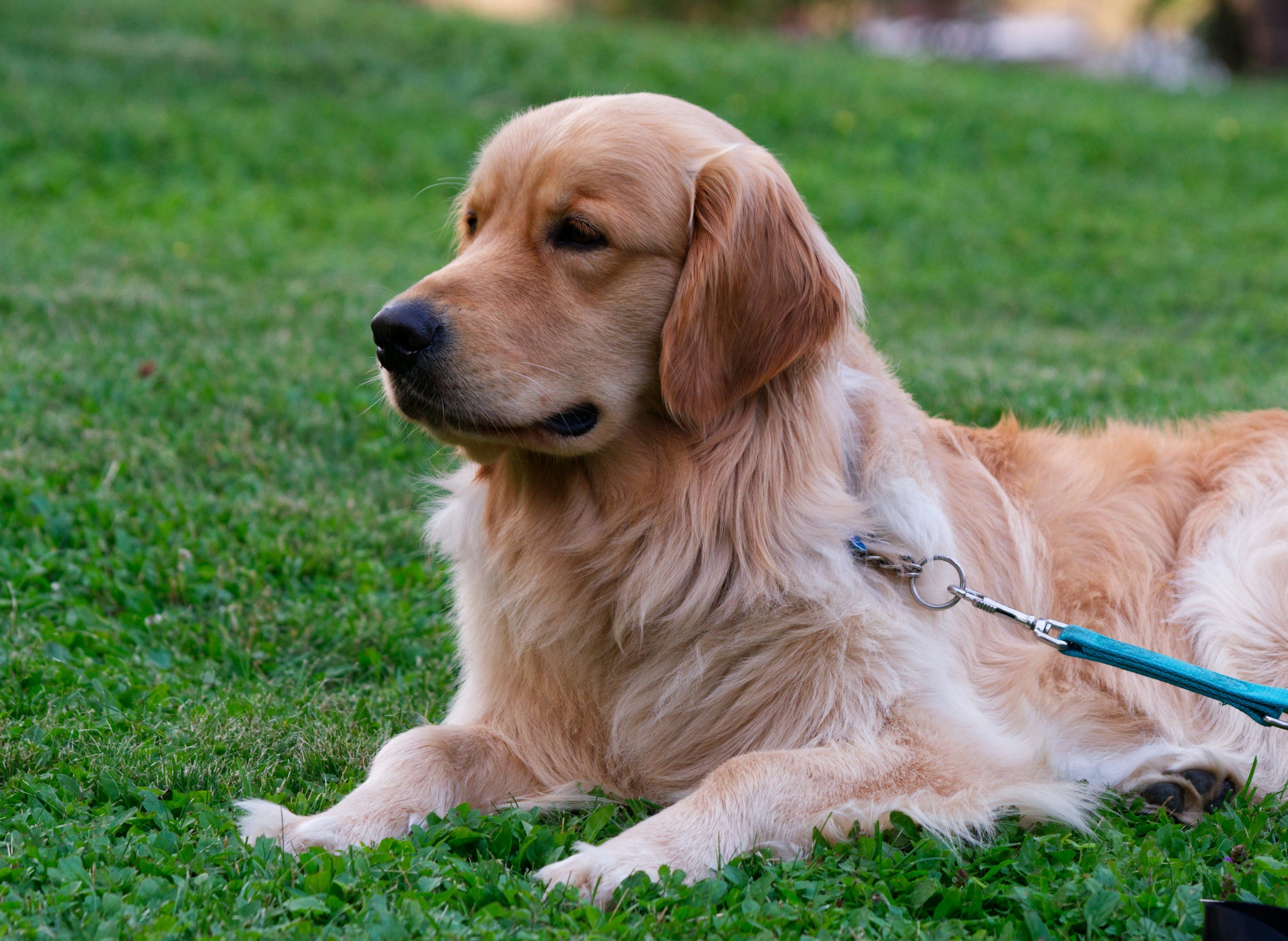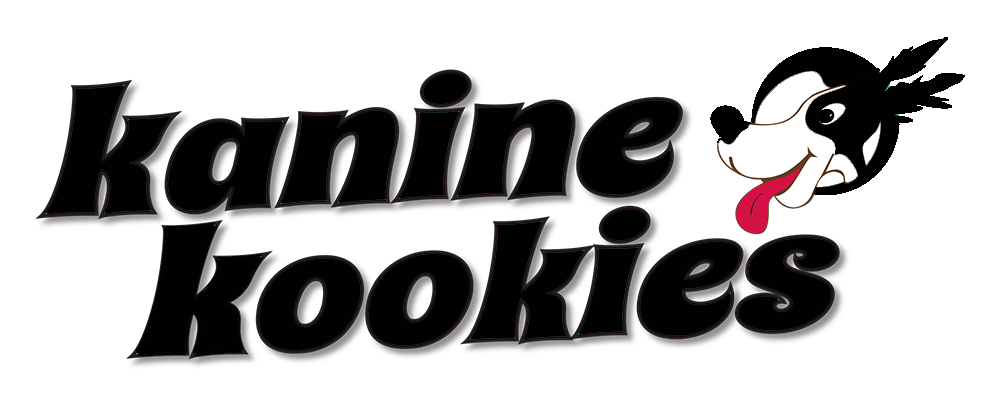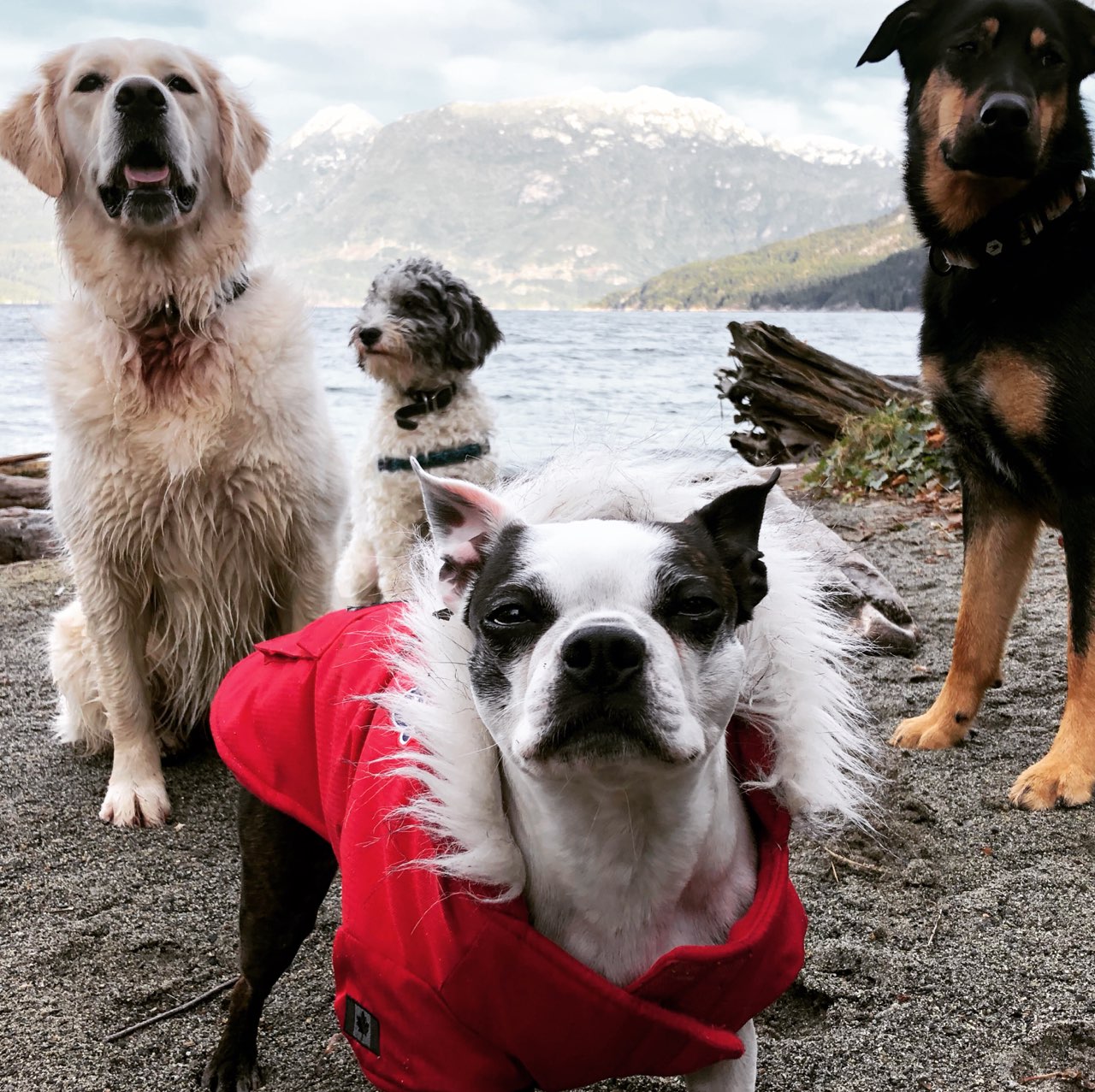
3 Things You Should Never Feed Your Pup! 🐶❌🍫
We all know those puppy-dog eyes are hard to resist when you’re eating something delicious. But before you sneak your furry friend a bite, it’s important to know that some human foods can actually be very dangerous for dogs. To keep those tails wagging and bellies happy, here are a few things you should never feed your dog:
The first most well known food is Chocolate, here’s a bit about it:
It might feel like the ultimate comfort food for us humans, but for dogs, it’s a completely different story. The problem lies in two compounds: theobromine and caffeine. Dogs metabolize these much more slowly than we do, which means even a small amount can quickly build up to toxic levels in their system. Both of these compounds act as stimulants which can speed up the heart rate and overstimulate the nervous system of your dog.The darker the chocolate the more dangerous it gets, as the level of theobromine increases. Cocoa powder and baking chocolate contain the highest levels and are therefore the most dangerous, but don't take the other forms for granted!
Some symptoms to consuming chocolate are:
-
Vomiting 🤢
-
Diarrhea 💩
-
Restlessness or hyperactivity 🐕💨
-
Increased heart rate ❤️🔥
-
Tremors, seizures, or in severe cases, collapse
The second food item that shouldn't be consumed: Onions and Garlic.
While onions and garlic add flavor to almost everything we eat, they’re a big no-no for dogs. Both belonging to the allium family (which also includes leeks, shallots, and chives), they contain compounds that can seriously harm your pup’s blood. Onions, garlic, and other alliums contain thiosulfates, which are toxic to dogs. When ingested, these compounds damage your dog’s red blood cells by causing them to break down prematurely – a condition called hemolytic anemia. Red blood cells carry oxygen throughout the body, so when they’re destroyed, your dog can’t get the oxygen they need to stay healthy and active. Here are a few symptoms to be aware of:
-
Weakness or lethargy 💤
-
Reduced appetite 🍽️
-
Vomiting and diarrhea 🤢
-
Pale gums (a sign of anemia)
-
Rapid breathing or panting 🐕💨
-
Dark or reddish urine
The third and final food item to be wary of: Cooked animal bones.
Giving a dog a bone feels like the most natural thing in the world to do, right? Cartoons, old sayings, and even children’s songs all suggest that bones and dogs go hand in hand. But the truth is: cooked bones can actually be very dangerous for your pup. When bones are cooked whether boiled, baked, roasted, or grilled they become brittle and fragile. Instead of staying strong, they’re likely to splinter into sharp shards when chewed. Those sharp pieces can get lodged in your dog’s throat and cause choking, pierce or cut the mouth, tongue, or gums, leading to painful injuries and infections, Damage the esophagus if swallowed and lastly, splinter the inside of the stomach or intestines, which can cause life-threatening internal bleeding or blockages that often require emergency surgery. This risk applies to smoked bones too, since any form of cooking changes the bones structure.
Remember, your pup’s meals can be just as high-quality, and contain human grade ingredients, just never an exact copy of your plate—even if those puppy dog eyes make a strong case!
Share

